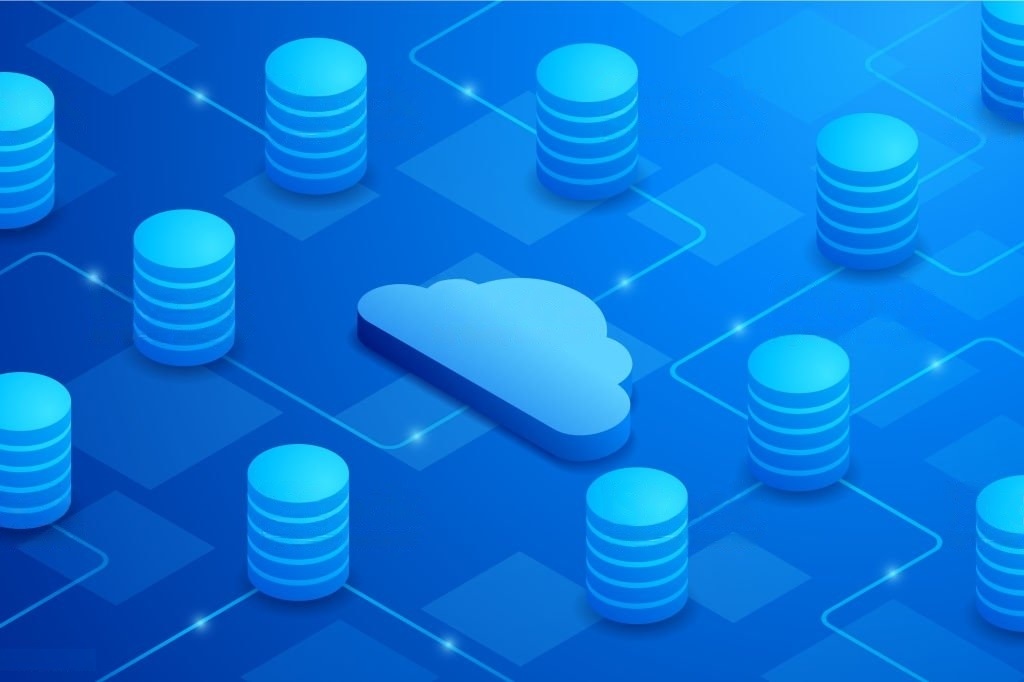As businesses evolve and expand, the need for efficient and effective data management becomes paramount.
Structured Query Language (SQL) databases have emerged as the go-to solution for this need, providing a reliable and scalable approach to storing and retrieving data.
In this article, we’ll delve into the features, pros, and cons of four popular SQL databases: MySQL, PostgreSQL, SQL Server, and Oracle. Let’s get started!
Table of Contents
MySQL
MySQL is an open-source relational database management system (RDBMS) owned by Oracle Corporation. It’s widely popular for its ease of use, speed, and robustness.
Pros:
- Open-source and free to use.
- Large community support.
- Highly scalable, making it suitable for both small and large applications.
- Easy to set up and manage.
Cons:
- Lacks some advanced features available in other databases.
- Limited optimization for complex queries.
Example:
To create a simple MySQL database and table, you can use the following SQL commands:
CREATE DATABASE myDatabase;
USE myDatabase;
CREATE TABLE myTable (
id INT AUTO_INCREMENT PRIMARY KEY,
name VARCHAR(255) NOT NULL,
age INT
);
PostgreSQL
PostgreSQL is an advanced open-source object-relational database management system that emphasizes extensibility, data integrity, and performance.
Pros:
- Open-source and free to use.
- Supports advanced data types and functions, such as full-text search, geospatial data, and JSON.
- Highly customizable and extensible through custom functions, operators, and data types.
- Conforms to ACID (Atomicity, Consistency, Isolation, and Durability) properties for transactions.
Cons:
- Slower performance compared to MySQL.
- Less community support than MySQL.
Example:
To create a PostgreSQL database and table, you can use the following SQL commands:
CREATE DATABASE myDatabase;
\c myDatabase;
CREATE TABLE myTable (
id SERIAL PRIMARY KEY,
name VARCHAR(255) NOT NULL,
age INTEGER
);
SQL Server
SQL Server is a powerful and scalable RDBMS developed by Microsoft. It offers a comprehensive solution for data storage, analysis, and reporting.
Pros:
- Seamless integration with other Microsoft products and technologies.
- Offers extensive tools and features for data analysis and reporting.
- Advanced security features and encryption.
- Available in multiple editions tailored to different business needs.
Cons:
- Expensive licensing costs.
- Less community support compared to open-source alternatives.
Example:
To create an SQL Server database and table, you can use the following SQL commands:
CREATE DATABASE myDatabase;
USE myDatabase;
CREATE TABLE myTable (
id INT IDENTITY(1,1) PRIMARY KEY,
name NVARCHAR(255) NOT NULL,
age INT
);
Oracle
Oracle Database is a powerful and feature-rich RDBMS developed by Oracle Corporation. It’s designed for enterprise-level applications and provides advanced tools for data management, analysis, and security.
Pros:
- Highly scalable and suitable for large-scale applications.
- Offers advanced features such as partitioning, materialized views, and flashback.
- Robust security features, including data encryption and auditing.
- Extensive support and resources from Oracle Corporation.
Cons:
- Expensive licensing and maintenance costs.
- Steeper learning curve compared to other databases.
Example:
To create an Oracle database and table, you can use the following SQL commands:
CREATE USER myDatabase IDENTIFIED BY myPassword;
GRANT CONNECT, RESOURCE TO myDatabase;
ALTER SESSION SET CURRENT_SCHEMA = myDatabase;
CREATE TABLE myTable (
id NUMBER GENERATED BY DEFAULT ON NULL AS IDENTITY PRIMARY KEY,
name VARCHAR2(255) NOT NULL,
age NUMBER
);
Final Thoughts
Selecting the right SQL database for your project can be a challenging task, as each option has its strengths and weaknesses.
MySQL and PostgreSQL are excellent choices for those looking for open-source solutions, while SQL Server and Oracle cater to businesses with more complex needs and tighter integration with other products.
Ultimately, the choice depends on your specific requirements, budget, and infrastructure.
By understanding the unique features and limitations of these popular SQL databases, you can make an informed decision that best suits your needs. Good luck, and happy database hunting!
Thank you for reading our blog, we hope you found the information provided helpful and informative. We invite you to follow and share this blog with your colleagues and friends if you found it useful.
Share your thoughts and ideas in the comments below. To get in touch with us, please send an email to dataspaceconsulting@gmail.com or contactus@dataspacein.com.
You can also visit our website – DataspaceAI




